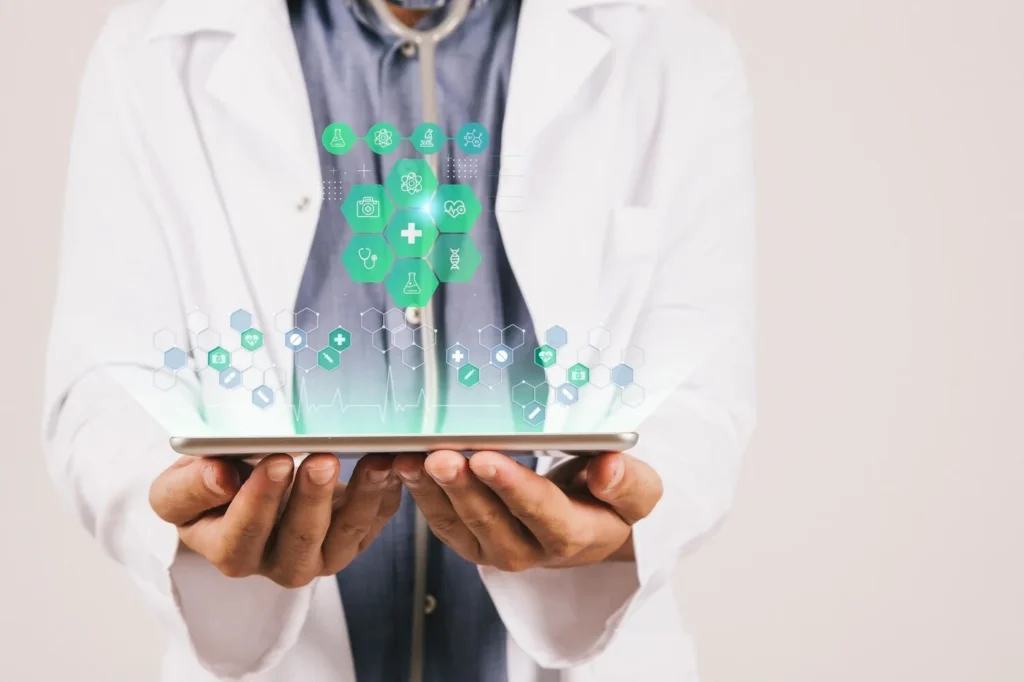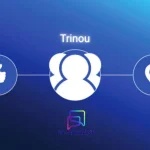In the swiftly evolving landscape of technology, the healthcare industry stands as a beacon of transformation, driven by relentless innovation. Among the catalysts of this change are healthcare app developers who continue to revolutionize how patients and providers connect, manage data, and enhance overall care experiences.
Their role is not merely technical but foundational to the future of global health. In this article, we will delve into the remarkable contributions of these developers and how they’re reshaping the healthcare ecosystem.
The Influence of Healthcare App Developers
Healthcare application developers are quite pivotal in the development of solutions that reduce the gap between medical professionals and their patients. The developers make use of advanced technologies such as artificial intelligence, machine learning, and the Internet of Things to engineer applications that will facilitate and amplify health services. Their contribution goes beyond technicalities:.
For one, think of telemedicine applications, which would introduce far-flung patients to a specialist somewhere in the world. An app like this needs developers who can provide intuitive front- and back-end solutions, with secure communication systems. They make sure that people with limited technical knowledge are also able to use these services with ease.
Besides, the contributions of medical application development companies stand tall to date regarding personalized medicine. Through apps enabled by wearable devices on patients, the latter continue to track, over a period, certain metrics in relation to their health status-from the heartbeat to the record of glucose intake. This sets off a blend of the insights of bioinformatics, coupled with user-oriented design, ushering in nothing less than a new era in the genre of preventive care.
How Healthcare Developers Are Driving Digital Health
The term “healthcare developers” doesn’t only mean programmers churning out lines of code; it is an overall umbrella for professionals collaborating across disciplines, from UI/UX designers to cybersecurity experts, who build digital ecosystems that cater to the dynamic demands of the healthcare industry.
Think about the evolution of electronic health records. Developers in healthcare have advanced EHR systems to enable real-time updates, full interoperability, and integration with AI-driven analytics tools. This way, physicians can more efficiently access and interpret patient data, thus having higher accuracy in diagnoses.
Moreover, healthcare developers are the pioneers in solving critical challenges in data security. As the number of cyberattacks intensifies, the protection of sensitive patient information is of utmost importance. They provide strong encryption methods and compliance procedures to reduce risks, enabling trust in the digital healthcare sphere.
Yet it’s not all. Indeed, the integration of gamification right at one hub-innovative health-oriented mobile device creators into health apps-the integration is the real ‘play’ that will spur change in patient engagement: apps stimulating users to go the extra mile in workouts, treatment adherence, using reward-challenge systems, made easier and enjoyable.
What sets a Medical App Development Company Apart?
A medical app development company is not just an organization that develops software; it’s an embodiment of innovation and vision. These companies navigate through regulatory requirements while their solution is functional, scalable, and accessible.
One of the hallmarks of a leading medical app development company is staying ahead of trends. The companies using AI-powered diagnostic tools or blockchain for secure data exchange have the vision that separates them from their competitors.
Another distinguishing feature is their commitment to collaboration. These companies often work in close collaboration with healthcare providers, patient advocacy groups, and regulatory authorities in the creation of applications that meet real-world needs. By fostering these partnerships, they ensure that their innovations align with industry standards and end-user expectations.
But challenges are not in short supply. One of the biggest challenges that any medical app development company faces is maintaining a balance between innovation and regulation. There are regulatory frameworks such as HIPAA and GDPR, to name a few, that are required to be followed to the T, making the process even more complex. Yet, the most successful companies view these challenges as opportunities to refine their strategies and deliver solutions that are not only compliant but also pioneering.
Conclusion
The difference brought in by different healthcare app developers, healthcare developers, and medical app development companies is nothing short of transformational. They are leading from the front in the reimagination of how healthcare operations are carried out and the technology being an enabler rather than a barrier.
But as we forge ahead, the innovators’ role is going to be more and more important. Their contribution will range from dealing with global health crises to providing personalized care for the patients, a future of medicine hardly imaginable today. The world of healthcare is poised for its digital renaissance, improving lives on a scale never thought possible with their relentless pursuit of excellence.







